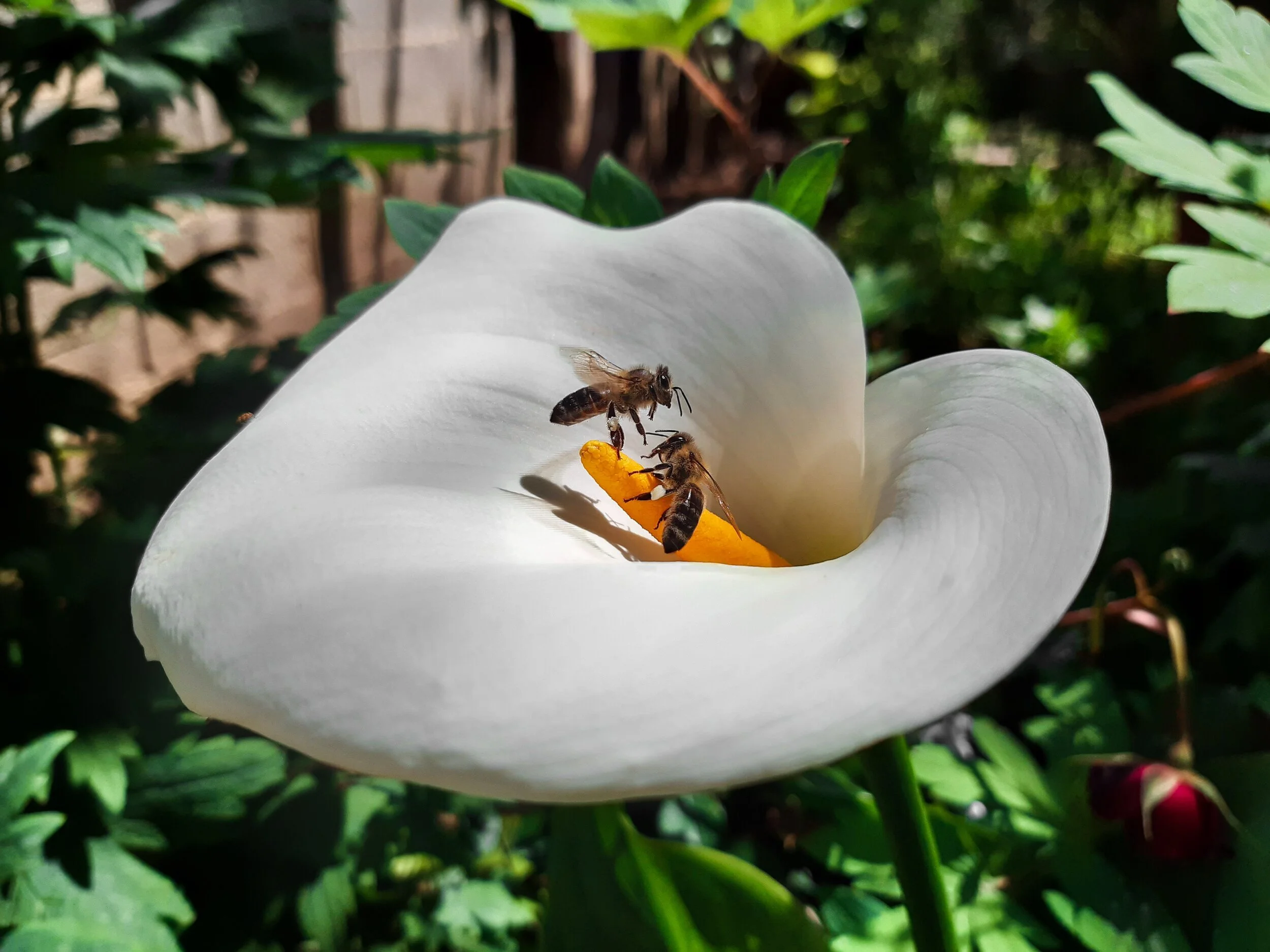
After the year we’ve had, we’re sure that longing is one feeling that we can all empathize with—longing to reconnect, longing to travel, longing to live more beautifully and simply. To stumble and laugh charmingly at ourselves and with each other, content in knowing that the significance of that moment isn’t being free from imperfection, it’s that it is shared. Designer Sharmaine Sermonia offers us a phrase in Ilonggo that speaks to our collective hunger to connect: Hidlaw ako sa inyu. She tells us,
"Hidlaw ako sa inyu means that when you haven't seen anyone in a long time and you just miss them, it's like yearning for their connection. Since the start of the pandemic, there's a big impact on real face-to-face conversations and I just miss saying hidlaw ako sa inyu in Ilonggo.”
If “I miss you” is a quick goodbye hug at the end of a casual catch-up session with a friend, then Hidlaw ako sa inyu is the deep, quenching embrace of a loved one who just travelled to see you. The phrase is not only a bridge connecting Sharmaine to her cherished connections, but also to her culture. She continues, “I definitely feel vulnerable saying this in English, though sharing it in my own language feels like a connection to people who speak the same language and feels more genuine.”
Though the English translation of the phrase may be easy enough to understand on a literal level, we’re reminded with this phrase that a word can be a memory or a feeling that brings us back in time. As we remember the things we feel, effortlessly, they become stamped in our memories for us to play back, moment by moment. This past year, for better or worse, we’ve all had to learn how to live more slowly. Luckily, we’ve also noticed that some of the most memorable moments happen in those unplanned, playful times, where we let ourselves simply enjoy one another’s company.
So, until we meet again, hidlaw ako sa inyu.
This article is part of DIMMI Digest: Together. Of all the things that language has the ability to do, the one we are most grateful for is community. After all, it’s what we are all here for in the first place, isn’t it? Because of language, we are able to share experiences, ideas, and stories to make our communities a better place. It is language that brings us together, builds us up, and supports us, even when we feel most alone.











































